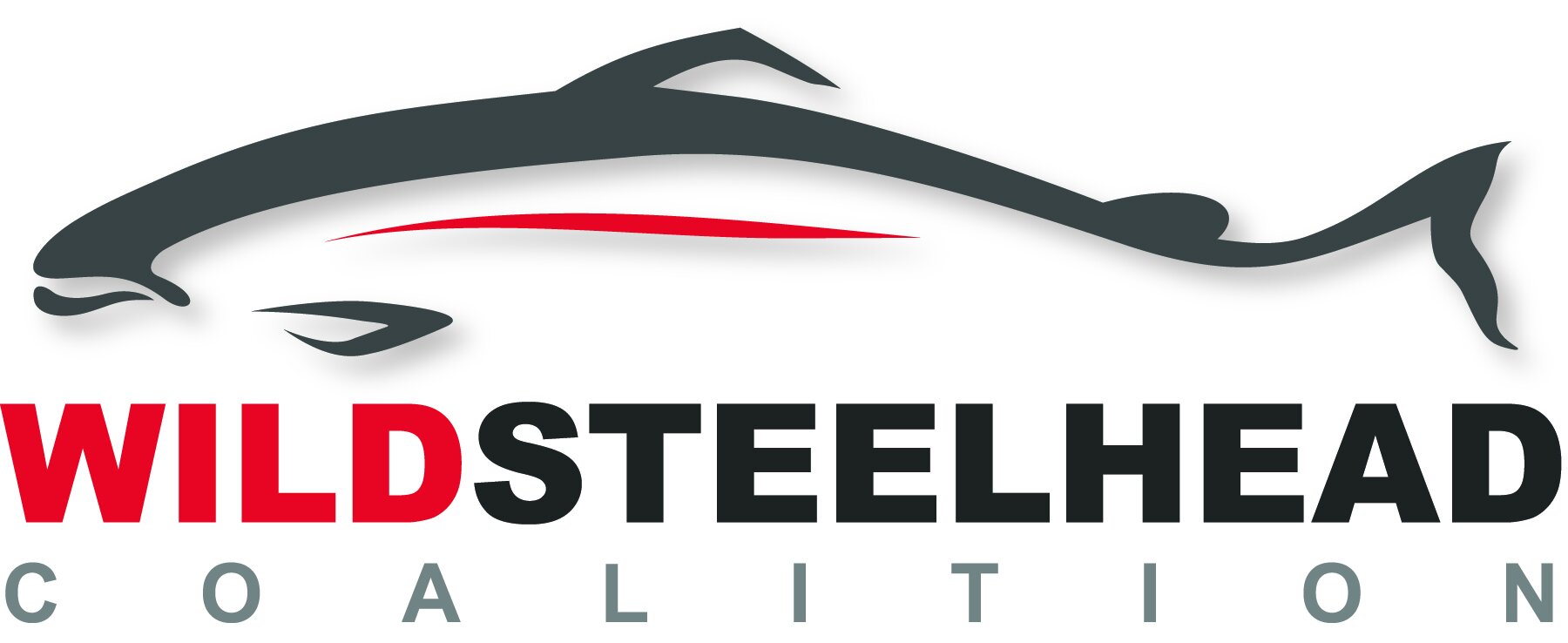Wild Steelhead Coalition applauds passage of bill enhancing fish farm monitoring and accountability, calls on Governor Inslee to sign SB 6613
The Wild Steelhead Coalition, a conservation organization based in Seattle representing more than 3,000 anglers and fish advocates, applauds the passage of Senate Bill 6613, which cleared the state House on Tuesday, March 10th.
The legislation, which enhances the state’s ability to effectively monitor and regulate commercial fish farms in Washington’s waters, previously passed the state Senate and is now on its way to the Governor’s desk for approval. More than two hundred WSC members and concerned citizens contacted state lawmakers in February expressing support for SB 6613. Importantly, if enacted, the bill would require corporate fish farm operators such as Cooke Aquaculture to cover the costs of essential inspections and monitoring.
“We’re glad to see state lawmakers in Olympia pass this commonsense bill to enhance the accountability and oversight of commercial fish farms in Washington’s waters,” said Chase Gunnell, a WSC board member and lifelong Puget Sound fisherman. “We strongly encourage Governor Inslee to sign SB 6613 without changes, and we want to extend our appreciation to Senator Rolfes for championing this important legislation.”
“Washington tribes, agencies, non-profits and citizens have worked for decades to clean up Puget Sound and recover the wild fish, orcas and priceless marine life that depend on our waters,” said Gunnell. “Putting this great investment at risk through the continued operation of for-profit fish farms is a grave mistake, and this legislation is a welcome short-term step for accountability and monitoring.”
Every day commercial net pens operate in Washington’s waters, these factory feedlots cause harm to our waters and wild fish through pollution and increased potential for the spread of disease. In order to ensure these facilities are operating as “safely” as possible, state agencies like the Washington Department of Fish and Wildlife (WDFW) and Department of Ecology need to regularly monitor and oversee operations of these net pens.
Unfortunately, these departments often lack the resources and staff to conduct proper oversight of these inherently risky facilities. As a result, incidents such as the 2017 breaching of Cooke’s Cypress Island net pen facility, which released more than 250,000 Atlantic salmon into Puget Sound, are more likely to occur. SB 6613 will rectify this significant resource problem by requiring Ecology and WDFW to create rules for recovering the costs of their inspections, monitoring, and compliance testing at marine aquaculture sites. These rules would shift the financial burden of oversight from the taxpayer onto the commercial aquaculture industry, which is profiting from the pollution of our public waters and threatening Puget Sound’s Endangered wild salmon and steelhead.
In the wake of Cooke Aquaculture’s Cypress Island disaster, Washington enacted legislation to end leases and permits for operations that grow non-native finfish in state waters by 2022. However, Cooke is trying to exploit a loophole in this law and transition their commercial fish farms near Whidbey and Bainbridge islands to farm-bred triploid rainbow trout.
Wild Steelhead Coalition and other groups and tribes have recently pushed back against this proposal, and we are hopeful the state will not permit this transition. However, in the event this proposal is approved, state agencies will be more equipped to protect our waters and wild fish thanks to the passage of SB 6613.
READ MORE ABOUT FISH FARM PROPOSALS IN PUGET SOUND IN THIS JANUARY 2020 STATEMENT

